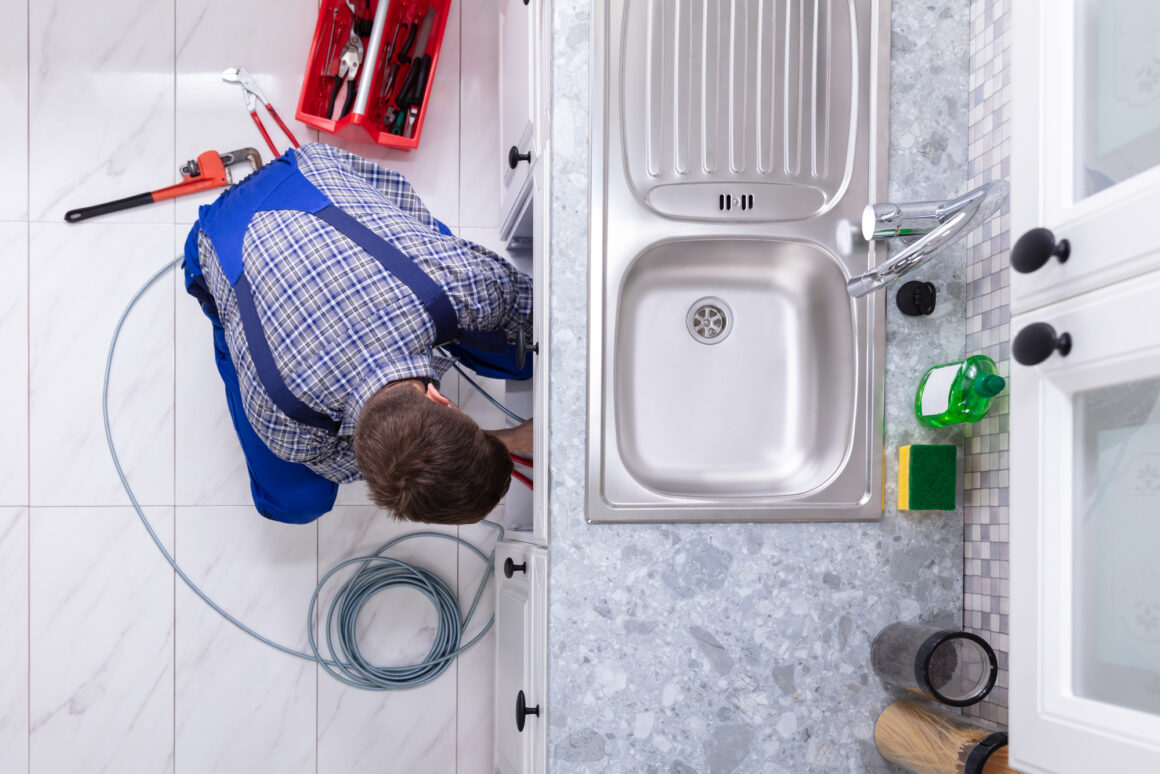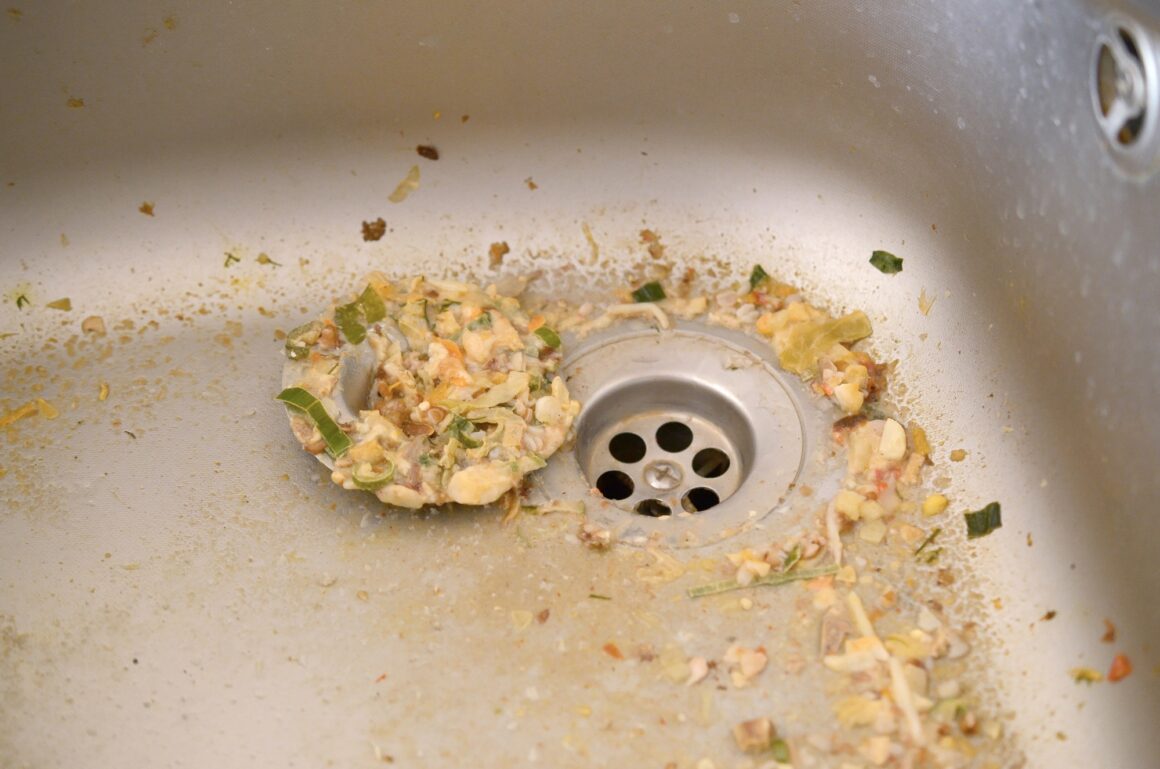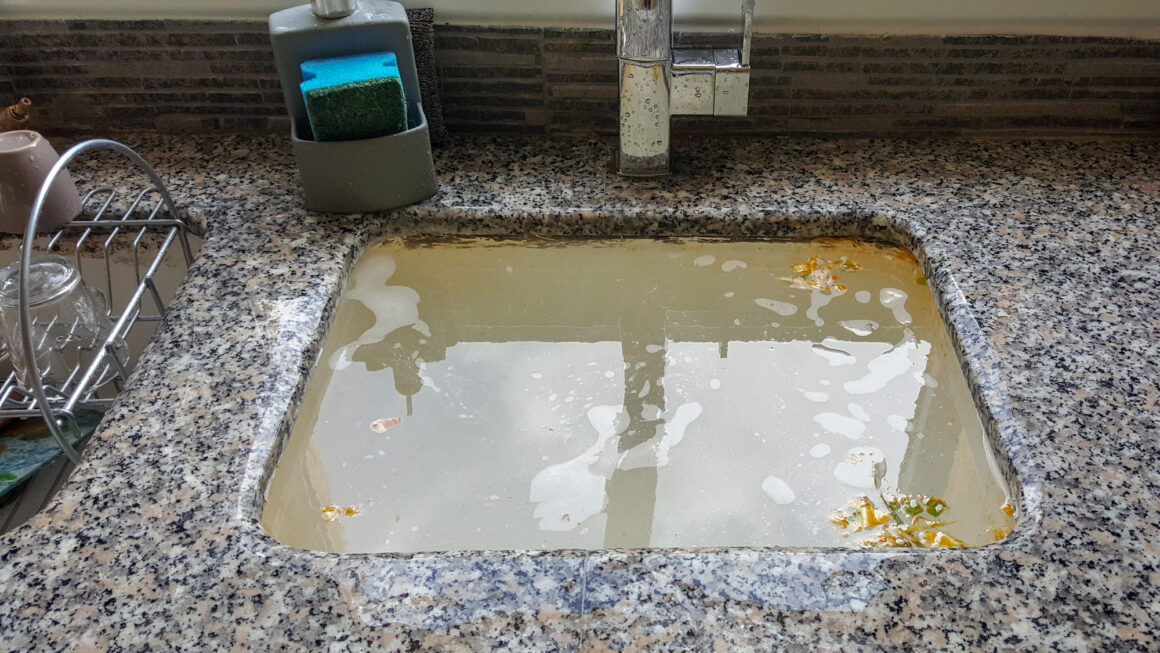
If you’re anything like most homeowners, you’ve probably experienced a clogged drain. It’s frustrating! And it can be expensive to fix. But don’t worry. Here are some tips on how to clear your drains in no time flat.
Flakes of drywall
Flakes of drywall can be difficult to clean out of drains. They will harden and clog the drain if you don’t remove them. To prevent this, use a drywall mud removal tool to remove flaky material from your gutters. These tools are not expensive and can help you restore your drainage system to its original state without having to call an expert plumber for them to do so for you!
Gunk in the drain
Gunk is a general term for any solid material deposited in your drain. It can be anything from soap scum to hair to food particles. But it’s most commonly made up of oils and fats. These goo-like substances can build up as grease clogs your pipes and drains. It will cause them to become clogged with gunk.
If you’re wondering how you can prevent gutter sponges from building up in your drains, then consider these suggestions:
- Use eco-friendly detergents; these are less likely than others to cause blockages than those coated with chemicals such as phosphorus or silicon dioxide (which break down into acids when they come into contact with water). If you don’t want something so pure-minded, stick with products containing mild surfactants like sodium lauryl sulfate or sodium cocoyl isethionate (which helps loosen grease).
Pots and pans
If you have a clogged drain, the most likely cause is food scraps or grease left in your sink or kitchen drain. A filter can help prevent this by catching food particles before they get into your pipes and cause problems.
- Garbage disposal: Don’t put anything down the garbage disposal that shouldn’t be there—even if it’s just one piece of cheese! It includes things like raw meat or bone fragments that could cause damage to plumbing components over time.
- Grease from cooking: Ensure all pots are empty before turning off the stovetop to prevent oil from getting thrown unnecessarily. The same goes for frying pans; turn off the heat before removing food so any excess oil doesn’t get dumped.
Hair clogs a sink drain.
Hair getting stuck in the drain can cause it to back up or overflow. It’s important to know that even if you don’t see hair hanging out of your gutters, it may still be clogged. Even if there isn’t any visible evidence of blocked drains, they could still be causing severe problems for your home because they’re allowing sewer gasses and other contaminants into your house.

Food scraps in the sink drain
If you have food-waste disposal, it may be the source of your clogged drain. Food scraps get stuck in the removal and slow its operation. It may cause it to back up and block the drain. To unclog your sink’s drain:
- Use the garbage disposal as needed if there are no other problems; otherwise, replace it with an updated model that has improved functionality and durability over time.
- Do not pour grease down drains or pipes near them (including sinks). Grease helps to break down in water so that nothing else can accumulate on top of it; if you try to force oil through a pipe where no water exists at all—like under heavy pressure—it could cause significant damage!
Paper towels, napkins, or used tissue in the kitchen sink drain.
Since no biodegradable material exists in paper towels, napkins, or used tissues, they can clog your kitchen sink drain if lodged in the pipes. In addition, if left to build up over time, paper towels and napkins can cause a blockage in your kitchen sink drain, requiring professional drain cleaning services to unblock it.
You should never flush paper towels and napkins down the toilet. They can cause severe damage to household plumbing systems by blocking drains and causing bacteria contamination that could lead to serious health issues for you or others around you!
Defective or Improperly Installed Pipes and Fittings
Pipes and fittings are the components that allow water to flow from one area to another. They can be plastic, metal, or concrete. The reason for this is that they allow for two things:
- Fluid movement
- Pressure relief
Pipes used in homes must come in the exact size so it doesn’t leak when put under pressure (for example, when there’s a flood). If you suspect that your pipes were improperly installed by someone else, call an expert plumber who can assess whether any damage is done and suggest ways to prevent it from happening again.
That Weird Smell You’re Not Used to?
- Sewer gas: The breakdown of organic matter in the sewer system can cause sewer gas. The most common cause is high grease and oil levels. But it can also be caused by dirt or food waste.
- Rotten egg: Algae growing on your drainpipe causes this smell. The best way to prevent this is by regularly cleaning out your drains with a plunger or plumber’s snake, which will dislodge all kinds of gunk blocking your pipes.
- Rotten vegetables: If terrible foods are near your drainpipe (for example, if you left some bread lying around), they could leak into it over time! You should clean this up as soon as possible so no more nasty smells start coming from that area—either that or eliminate all those pesky veggies!
Water Hammer
A water hammer is a shock when water flows rapidly through a pipe. It can cause damage to pipes and fixtures, and it’s best to avoid this problem by keeping your drain lines clear of blockages.
The most common cause of water hammering is pressure fluctuations in the water supply. For example, suppose you have installed an intermittent drain line before modern technology (like valves or cast-iron pipes). In that case, you’re likely experiencing this problem whenever someone flushes their toilet or turns on an appliance nearby. In these cases, people usually only notice something going wrong once they try using those devices again after leaving them idle for several days. Unfortunately, they’ll find themselves dealing with a clogged drain at this point! If you want to know how to fix it, check out drain cleaning services in San Francisco.
Make Drain Cleaning Easy.
You must contact a professional drain cleaner if you have a clogged drain. Don’t try to unclog your drains with harsh chemicals or a plunger. Don’t put your hand into the drain, either! The chemicals used to unclog drains can be toxic. If they get into your eyes or skin, they can cause severe damage. A plunger is also ineffective against most clogs and may push the blockage further into the pipe below.
If you have any of these clogged drains, don’t ignore them. There are many ways to fix drain problems and prevent future issues. If this is your first time dealing with a blocked drain, calling professionals like residential plumbers in San Francisco is the best option. You can also try the most common DIY fixes before resorting to professionals if something goes wrong during or after the installation.

